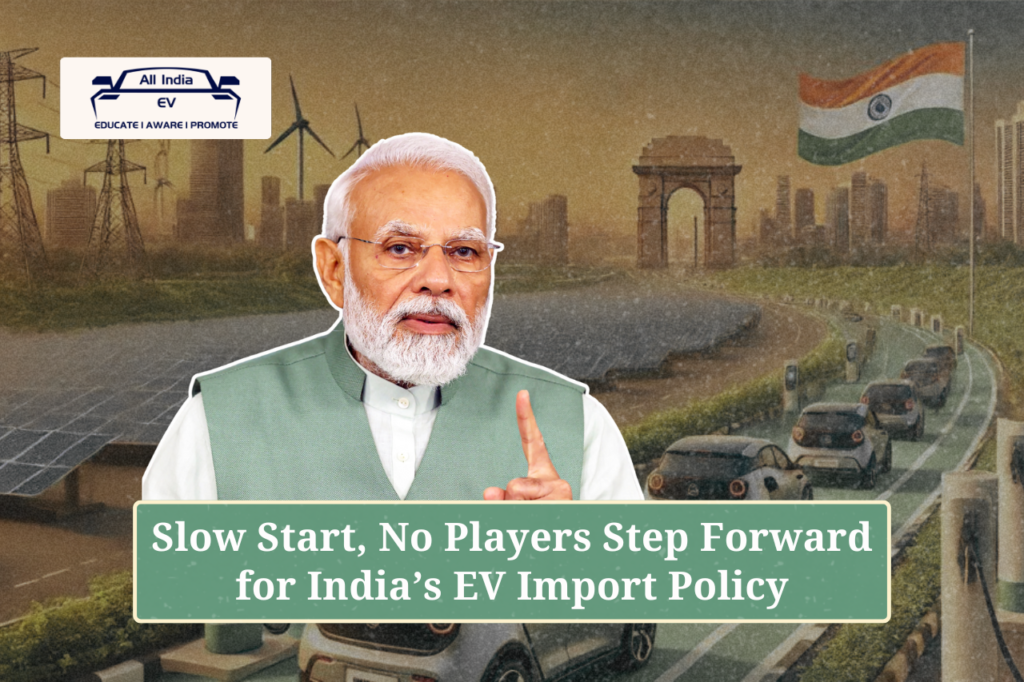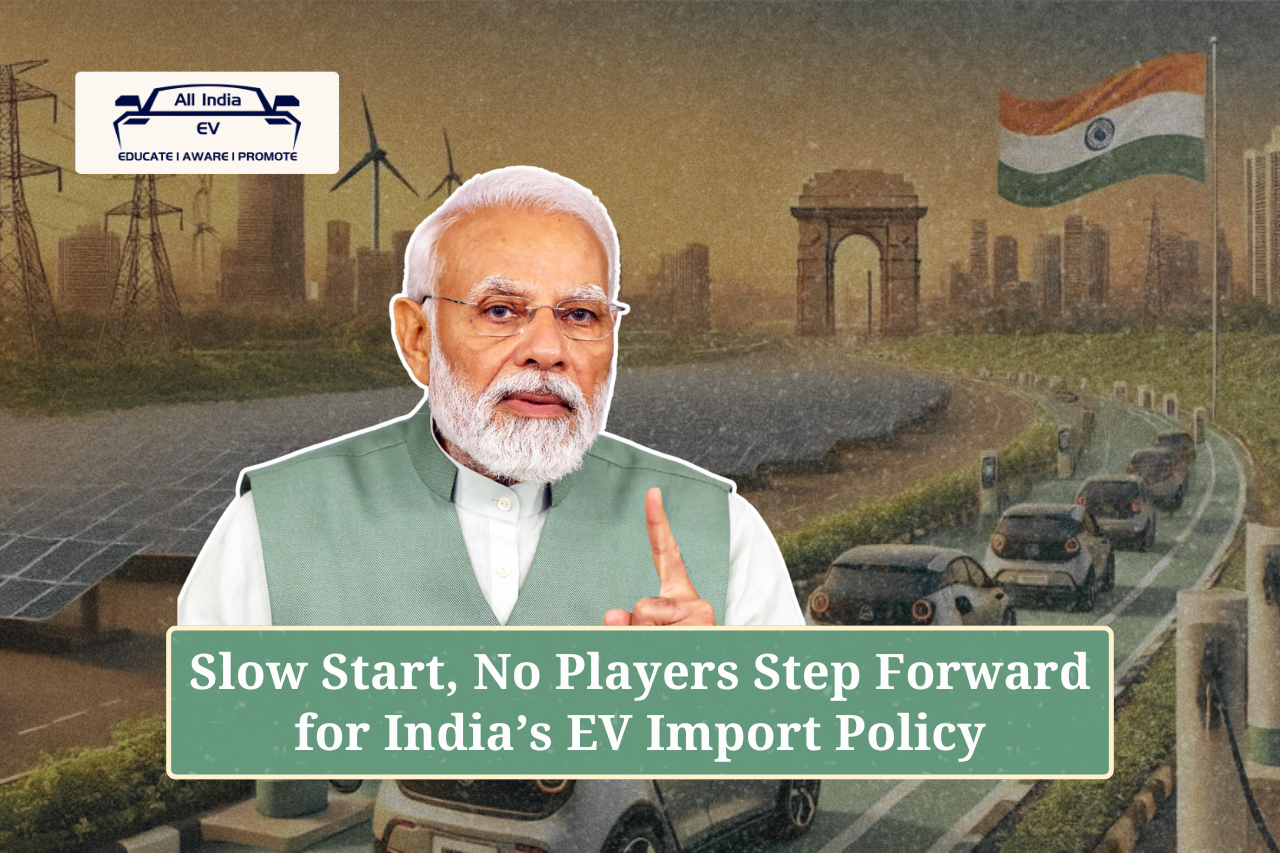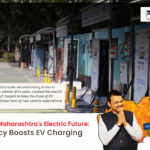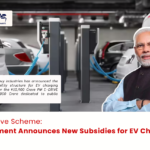
Govt’s ₹4,150 Cr Investment-Linked EV Import Concession Plan Targets Boost in Local Car Manufacturing and Industry Growth
Three months after the Centre launched its ambitious EV import scheme offering duty concessions on imported electric cars in exchange for commitments to local manufacturing, not a single automaker has applied. The policy, widely seen as an effort to bring Tesla to India, appears to be struggling to attract interest from global players.
A senior government official confirmed, “No one has come,” when asked about applications under the Scheme for Promotion of Manufacturing of Electric Passenger Cars in India (SPMEPCI). The Ministry of Heavy Industries opened the portal for applications on June 24, 2025, with the deadline set for October 21, 2025.
What the Scheme Offers
Under the policy, automakers are permitted to import up to 8,000 electric four-wheelers annually at a reduced import duty of 15%, compared to the prevailing 70–100% duty. However, this concession is conditional. Companies must:
- Commit an investment of ₹4,150 crore ($500 million) in local manufacturing.
- Provide a bank guarantee of at least ₹4,150 crore with their application.
- Achieve 25% domestic value addition (DVA) within three years and 50% within five years.
Despite the potential benefits, officials noted that global OEMs are adopting a wait-and-watch approach, anticipating outcomes of Foreign Trade Agreements (FTAs) currently under negotiation.
Impact of Global Trade Agreements
Officials highlighted that carmakers may prefer to wait for favorable FTAs with the U.S. and European Union, which could provide better concessions. They cited the India–U.K. FTA as an example: import duties on certain U.K.-built vehicles, including luxury and large-engine cars priced above £40,000, were slashed from over 100% to about 10%. However, the concessions apply only to limited annual quotas, excluding mass-market EVs and lower-priced models.
Tesla’s Cautious Engagement
While Tesla representatives attended only one stakeholder meeting last year following the draft guidelines, there has been no further communication with the government. In parallel, Tesla has opened showrooms in Mumbai and the National Capital Region, showcasing completely built units (CBUs) to test consumer interest in India’s premium EV segment.
When asked whether the scheme could be revised to make it more attractive, officials clarified that no automakers had sought changes to the framework.
Concerns Over Investment Threshold
Some carmakers have flagged the high investment requirement of ₹4,150 crore as a barrier. However, officials dismissed these concerns, arguing that funds currently spent on high import duties could instead be redirected toward local manufacturing. What worries automakers more, officials admitted, is whether India has sufficient demand for EVs priced above $35,000, the segment likely to benefit most from the scheme.
Muted Industry Response
The lack of participation comes despite earlier speculation that global OEMs like Hyundai Motor India, Kia India, Volkswagen Group, and Toyota could be interested. However, none have come forward so far.
Meanwhile, Vietnamese EV maker VinFast, which set up an assembly plant in Thoothukudi with a pledged $500 million investment, has been ruled ineligible under the scheme, as its commitments were made before the draft notification of March 2024.
The Road Ahead
With less than a month left before the application deadline, the scheme’s lukewarm response raises questions about its design and timing. While the government maintains confidence in its policy framework, automakers seem more inclined to wait for global trade pacts or pursue independent strategies for entering India’s EV market.As things stand, the Centre’s high-stakes plan to attract Tesla and other global EV giants has yet to yield results, leaving the future of the import scheme uncertain.










